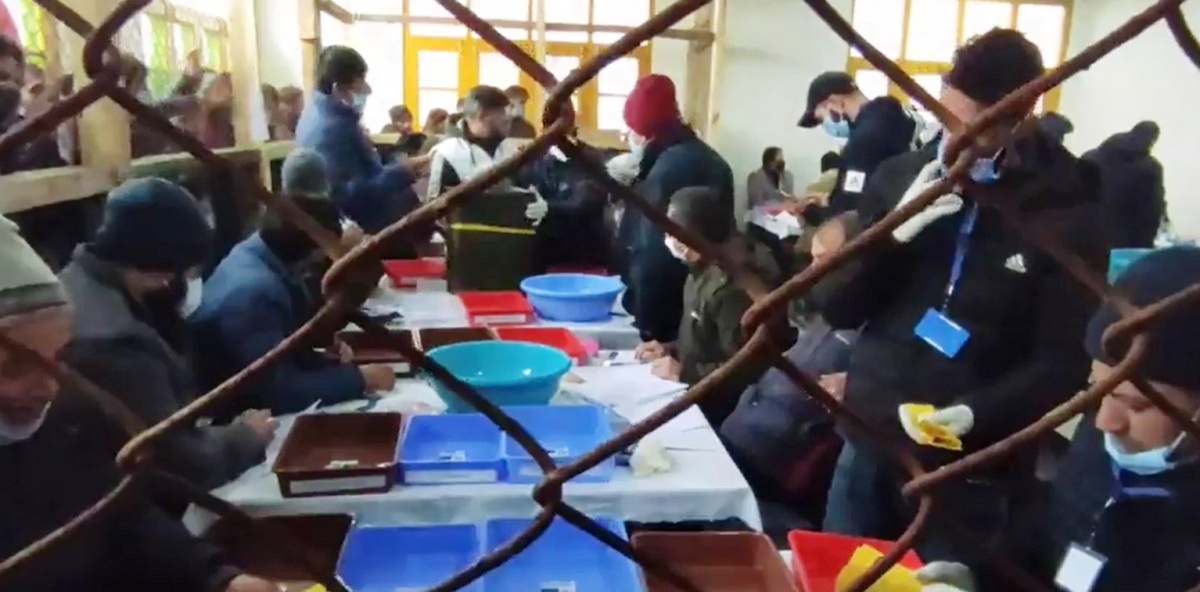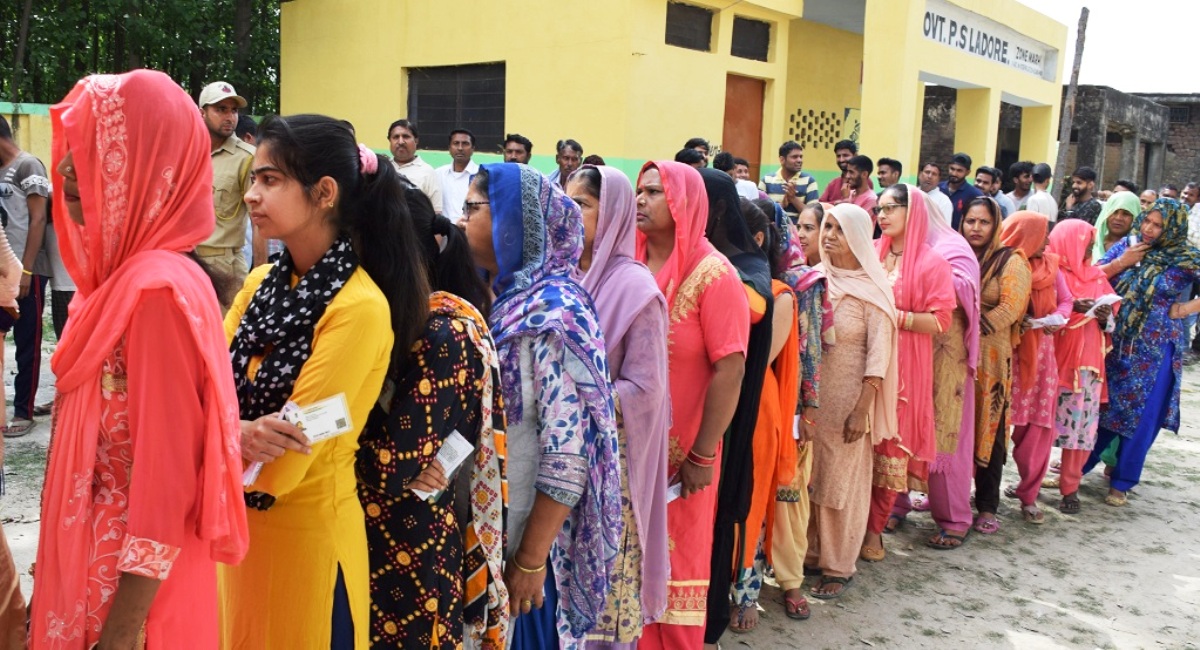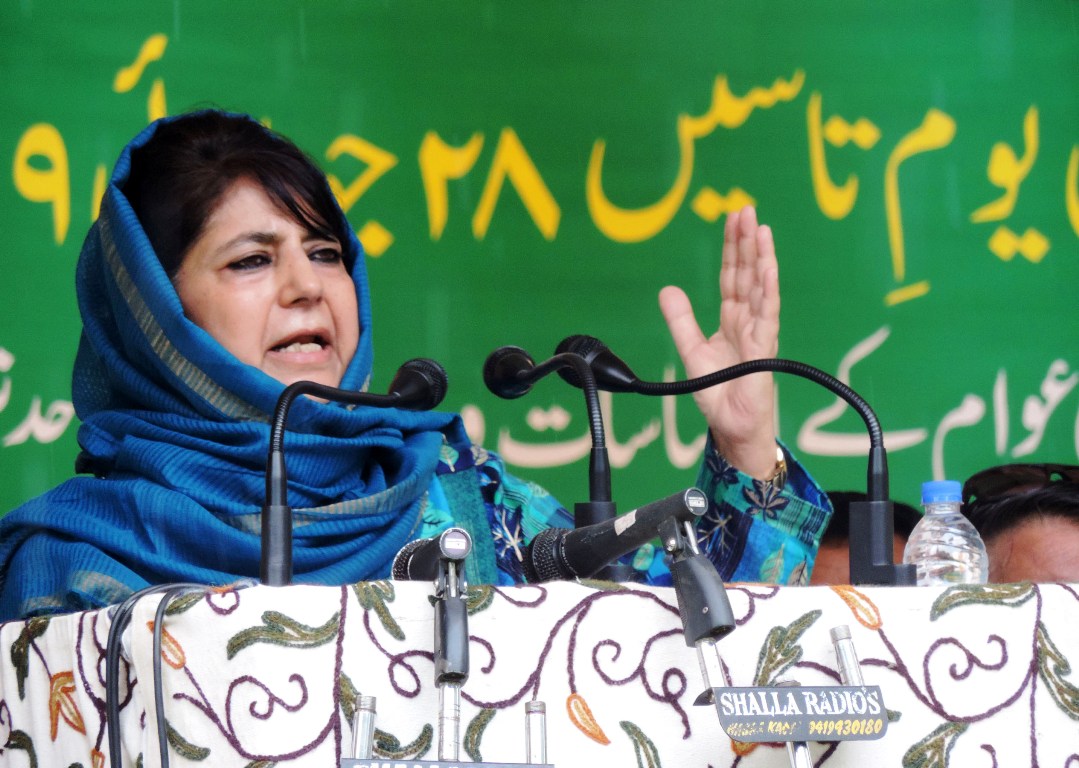DELHI: Amnesty International welcomes India’s support of recommendations at the Universal Periodic Review process to improve access to health, education, and housing, and to reduce poverty. However, we regret that India did not accept several important specific recommendations related to reducing discrimination and violence against marginalized groups, respecting the freedom to dissent, and reducing impunity for human rights violations.

“It is unfortunate that India did not accept specific recommendations to recognize marital rape as a criminal offence, to decriminalize same-sex relations, and to establish a plan to combat hate crimes against people of African descent,” AII said. “India has also done far too little to tackle incidents of mob violence against Muslims and widespread discrimination against Dalit and Adivasi communities.”
The statement said: “The freedom to dissent is increasingly under threat in India. The government’s refusal to accept recommendations to amend the NGO foreign funding law, to align communications surveillance and restrictions on online expression with international human rights standards, and to independently investigate attacks on journalists, raises troubling questions about its commitment to protecting the rights to freedom of expression and association.”
AII has also regretted India’s refusal to accept recommendations to repeal the Armed Forces Special Powers Act, which has contributed to a culture of impunity for human rights violations by the security forces, to ban inherently inaccurate pellet-firing shotguns that have blinded and killed hundreds, and to enact a law to address communal violence.
“These decisions, unfortunately, paint a grim picture of India’s commitment to upholding human rights and respecting its international obligations,” the statement said.
By taking steps recently to forcibly return all Rohingya refugees and asylum-seekers in India to Myanmar, where they may face serious human rights violations, India risks failing its moral and legal obligations. We urge India to drop these measures, which are unbecoming of a country that has a tradition of providing refuge to people fleeing persecution.
Amnesty International welcomes India’s support of recommendations to ratify the UN Convention against Torture and Other Cruel, Inhuman or Degrading Treatment or Punishment, which it signed in 1997. We urge it to also ratify other outstanding human rights treaties.
Background
India’s third Universal Periodic Review (UPR) was adopted by the 36th session of the UN Human Rights Council on 21 September by consensus. India accepted 152 recommendations while only ‘noting’ 98 recommendations, most of which were specific feedback from member-states about important human rights concerns.
Speaking at the adoption of India’s UPR, the National Human Rights Commission of India said, “Challenges to the safeguarding of human rights in the country remain in spite of an independent and active judiciary, free media and an alert civil society.”
It added that several recommendations received during the second (UPR) review were yet to be implemented.















